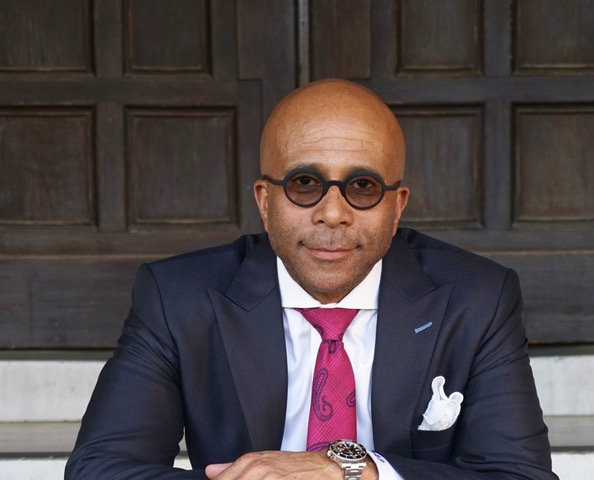In a social world marked by the persistence of dehumanization, what can serve as a sanction for justice work? When effort towards social transformation are met with new examples of injustice that bring into question outcome driven strategies, what motivates continued effort? In this talk, I turn to Job’s wife and Sisyphus for ways to answer these questions.

Anthony B. Pinn received his BA from Columbia University, Master of Divinity and PhD in the study of religion from Harvard University. He is currently the Agnes Cullen Arnold Distinguished Professor of Humanities and professor of religion at Rice University, and he is professor Professor Extraordinarius at the University of South Africa. Pinn is a fellow of the American Academy of Arts and Sciences. At Rice, he served the inaugural director of the Center for African and African American Studies. In addition, Pinn is the founding director of the Center for Engaged Research and Collaborative Learning (CERCL). The Center for Engaged Research and Collaborative Learning uses curricular innovation and imaginative research agendas to enhance models of leadership within the urban context. He is also the host of the PINN DROP podcast produced by OnlySky Media.
Pinn’s research interests include religion and culture, Black religious thought, humanism, and hip hop culture. He is the award winning author/editor of over 35 books, including Terror and Triumph: The Nature of Black Religion (2003), African American Humanist Principles (2004), Noise and Spirit: Rap Music’s Religious and Spiritual Sensibilities (2004), The End of God-Talk: An African American Humanist Theology (2012), Interplay of Things: Religion, Art, and Presence Together (2021), the Oxford Handbook of Humanism (2021) and the novel, The New Disciples (2015).
Pinn is active with numerous professional organizations, including service as a member of the American Academy of Religion’s Board of Directors; Executive Director of the Society for the Study of Black Religion; and co-founder of the Society of Race, Ethnicity and Religion. In addition, he is Director of Research for the Institute for Humanist Studies. Pinn is also involved with many community organizations, and has held leadership positions in a variety of them, including Meadville Lombard Theological School Board of Trustees (Executive Committee and Chair of the Education Team); the Unitarian Universalist Panel on Theological Education; the Board of Directors for the American Humanist Association; the Rothko Chapel Board of Advisors; the Aspen Institute’s Racial Justice and Religion Commission; and the Smithsonian National Museum of African American History and Culture’s Religion Advisory Board.
